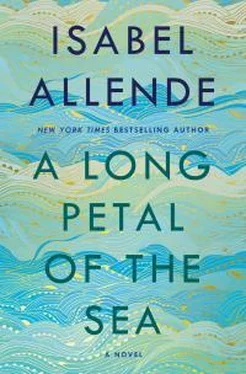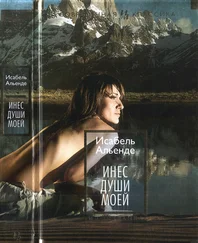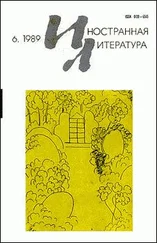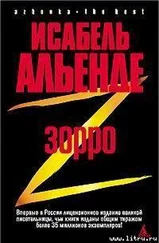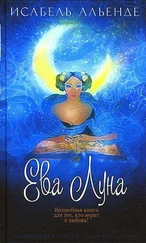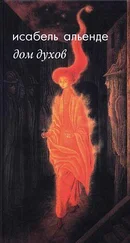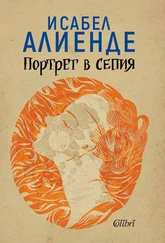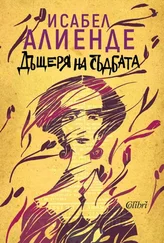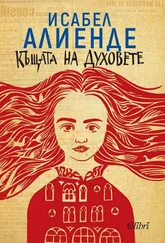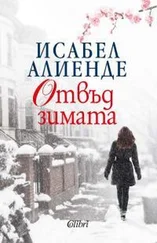His fame as a doctor had reached Venezuela, because several surgeons who studied in Chile had been students of his. He didn’t have to earn a living driving taxis or waiting tables like so many other exiled professionals whose past was erased with a stroke. He was able to validate his qualifications, and very soon was operating in Caracas’s oldest hospital. He lacked for nothing, but felt himself irredeemably foreign and followed the news to see when he could return to Chile. Roser was having great success with her orchestra and concerts, and Marcel, who had completed his doctorate in Colorado, was working in the Venezuelan state oil company. Although they were content, they continued to think of Chile in hopes of going back there again one day.
—
VICTOR WAS STILL AWAITING their return to Chile when Franco died on November 20, 1975, after a long final illness. For the first time in many years, Victor was tempted to go back to Spain. “So the Caudillo was mortal after all” was the only comment made by Marcel, who had not the slightest curiosity about the land of his ancestors; he was a Chilean, heart and soul. Roser, though, decided to accompany Victor. Any separation, however brief, made them anxious. It was to tempt fate; they might never get together again. Entropy is the natural law of the universe, everything tends toward disorder, to break down, to disperse. People get lost: look how many vanished during the Retreat; feelings fade, and forgetfulness slips into lives like mist. It takes heroic willpower just to keep everything in place. Those are a refugee’s forebodings, said Roser. No, they’re the forebodings of someone in love, Victor corrected her.
They saw Franco’s funeral on television, his coffin escorted by a squadron of lancers from Madrid to the Valley of the Fallen. Crowds of people paid homage to the Caudillo: weeping women on their knees, the Catholic Church with its pomp and ceremony of bishops in their elaborate vestments for High Mass, politicians and dignitaries in strict mourning, with the exception of the Chilean dictator in his imperial cloak. An endless parade of the Spanish armed forces, with the question hanging in the air: what was going to happen to Spain after Franco?
Roser convinced Victor to wait a year before attempting a return to his native country. During the months that followed, they watched from afar the transition to freedom headed by a king who turned out not to be the Francoist puppet everyone had expected, but someone determined to lead the country peacefully toward democracy. To do that he had to avoid all the obstacles put in his path by an intransigent right wing that refused any change and was afraid of losing all their privileges once Franco was gone. The rest of the country was clamoring for the unavoidable reforms to be brought in as quickly as possible, so that Spain could take up its place in twentieth-century Europe.
In November of the following year, Victor and Roser Dalmau landed in their homeland for the first time since those desperate days of the Retreat. They spent little time in Madrid, which was still the beautiful imperial capital it had always been. Victor showed Roser the neighborhoods and buildings that had been destroyed by bombs but were now restored. He took her to the university city to see the bullet holes that were still visible in some walls. They went to the area near the River Ebro where they thought Guillem had fallen, but found no reminders of the bloodiest battle of the war. In Barcelona they looked for the house in the Raval district that had once belonged to the Dalmaus. The names of the streets had been changed, and they had some trouble finding their way. The house was still there, though by now it was a ruin, so dilapidated it barely stood upright. From outside it appeared uninhabited, but they knocked on the door and after a long while it was opened by a young woman with eyes edged with kohl and a filthy Indian skirt. She smelled of marijuana and patchouli, and had some difficulty understanding what this couple of strangers wanted because she was so high she was in some other dimension. Eventually, however, she asked them in. The house had recently been taken over by a commune of young squatters who had rather belatedly adopted hippie culture, which would not have been tolerated in the days of Franco. Victor and Roser looked around the rooms with an empty feeling in their stomachs. The walls were crumbling and daubed with graffiti. There were people smoking or dozing on the floors, garbage was everywhere, the toilet and bathroom were disgusting. Doors and shutters dangled precariously from their hinges, and everywhere there was the smell of dirt, stale air, and marijuana. “You see, Victor, you can’t bring back the past,” Roser commented as they left.
Just as they didn’t recognize the Dalmau family house, so they couldn’t recognize Spain. Forty years of Francoism had left a deep imprint noticeable in the way people related to one another, and in every aspect of culture. Catalonia, the last bastion of Republican Spain, had suffered the victors’ most savage revenge, the cruelest repression. They were surprised that Franco still cast such a long shadow. People complained about unemployment and inflation; the reforms being implemented and those that weren’t; the power the conservatives had, or the chaos of the socialists. Some advocated for Catalonia to separate from Spain; others that it should be more closely integrated. Many of those the war had forced into exile began to come back. Most of them were elderly and disillusioned, and there was no longer any place for them. Nobody remembered them.
Victor went to the Rocinante bar. It still existed on the same corner with the same name. He drank a beer in honor of his father and his domino pals, the old men who sang at his funeral. Over the years, the Rocinante had been modernized; instead of hams hanging from the ceiling and the smell of sour wine, it boasted acrylic tables and air-conditioning. The manager said Spain had gone to hell after Franco. It was nothing but chaos and rudeness, strikes, protests, demonstrations, whores and queers and communists. Nobody respected the values of family or fatherland, nobody remembered God; the king was a nincompoop, what a mistake the Caudillo had made appointing him as his successor.
They rented a small apartment in the Gracia district, where they lived for six seemingly endless months. This “dis-exile,” as they called the return to the land they had quit so many years earlier, was almost as hard as going into exile itself in 1939 when they crossed the border into France. It took them those six months to admit how alienated they were: him out of pride, and her out of stoicism. Neither of them found work, partly because there was none for people their age, and partly due to a lack of contacts. They didn’t know anyone. Love saved them from depression, because they were like a newly married couple on their honeymoon rather than two mature, idle, and solitary people who spent the morning wandering round the city, and the evenings at the movies watching the same old films. They prolonged the illusion as long as possible until one boring Sunday that was no different from any other boring day, they had had enough. They were warming themselves up with thick hot chocolate and sugar cakes in a shop on Petritxol Street when Roser suddenly came out with a phrase that was to define their plans for years to come: “I’m fed up with being outsiders. Let’s go back to Chile. That’s where we’re from.” Victor exhaled as loudly as a dragon and bent forward to kiss her on the mouth. “We’ll do that as soon as we can, Roser, I promise. But for now we’re returning to Venezuela.”
Several years were to go by before he could keep his promise to return to Chile. They spent them in Venezuela, where Marcel was living and where they had work and friends. The Chilean colony grew daily because, in addition to political exiles, others arrived in search of economic opportunities. In their Palos Grandes neighborhood a Chilean accent was more common than a Venezuelan one. Most of those who came remained isolated within their own community, licking their wounds and concerned above all about the situation in Chile, which showed no signs of changing despite the promising snippets of news that passed from mouth to mouth but were never confirmed. The fact was that the dictatorship was still solid. Roser suggested to Victor that the only healthy way to grow old was to integrate into Venezuelan society. They had to live in the present, making the most of everything that agreeable country had to offer, grateful they were well received and had work, without wallowing in the past. The return to Chile was left pending for some future date. They didn’t allow it to spoil their present, as that future could be a long way off. Roser prevented him from living in nostalgia and hope, introducing him to the art of having a good time without feeling guilty. This, together with generosity, was the best lesson Venezuela had to give. In his sixties, Victor changed more than he had done in all his previous life. He attributed this to his continuing infatuation, Roser’s constant efforts to smooth the rough edges of his nature, as well as the positive influence of the Caribbean chaos. This was how he described the institutionalized indolence that undermined his serious attitude, at least for a few years. He learned to dance salsa and play the four-stringed guitar.
Читать дальше
